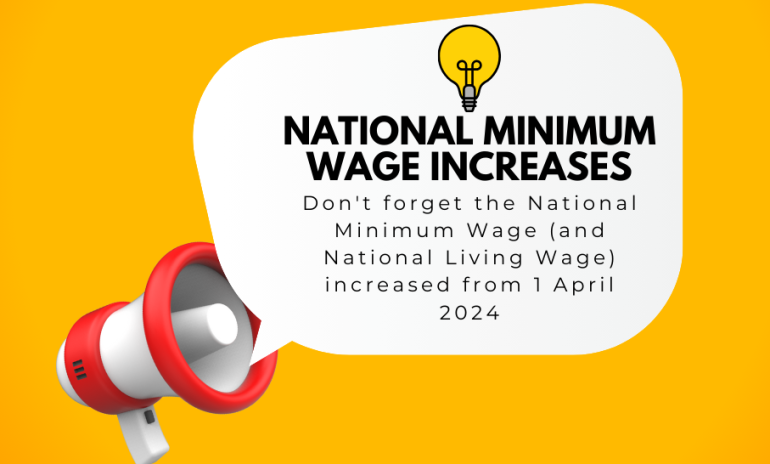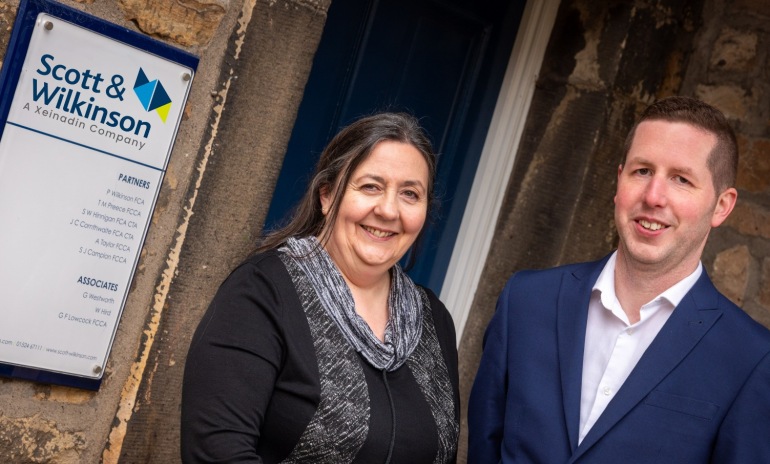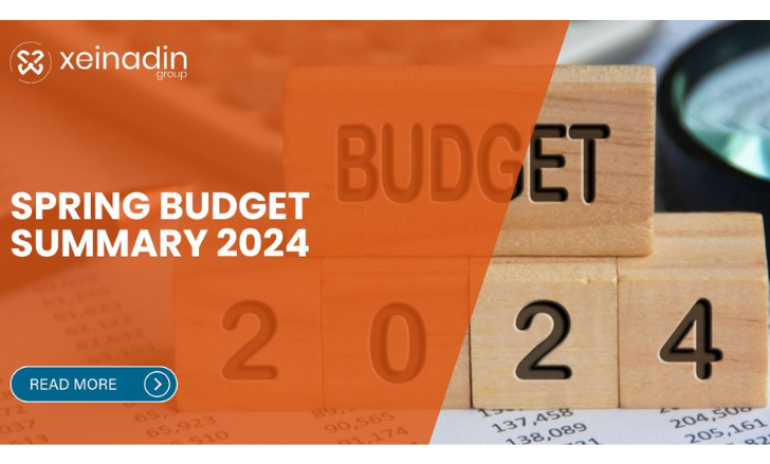What are the new Capital Allowances and how much could you save?
Date: 08/06/23

The headline tax change for the new financial year was the much-debated increase in Corporation Tax. After getting a temporary reprieve under the ill-fated Liz Truss premiership, the government did finally go ahead and drastically reverse more than a decade’s worth of low tax policy, hiking the main rate from 19% to 25% for any business with profits over £250,000.
No tax increase is ever exactly welcome, although at least we could see this one coming from a long way off, having first been proposed two years ago. And while the main rate hike is steep, as so often with these things, it has been introduced with a little sweetener to help the medicine go down – an increase in capital allowances businesses can deduct from taxable profits.
Tax breaks on capital investments have been a key part of the government’s post-COVID fiscal policy to try to encourage hard-hit firms to keep spending. It was only at the end of March that the so-called ‘super-deduction’ ended, a 130% first-year relief on selected plant and machinery investments which saw businesses save 25p in tax for every pound spent.
The new allowances follow on seamlessly. They aren’t quite so generous – 100% first-year allowance for so-called main rate expenditure, and 50% for special rate expenditure. But the allowances are still a lot more generous than what was available prior to April 2021. This regime will apply until April 2026.
Full expensing
So, what does this mean for your tax bill? Well, assuming you have a need to invest in plant and machinery for your business in the course of the next three years, it’s good news. As long as what you purchase counts as ‘main rate’ qualifying equipment, you can deduct the full cost from your profits-before-tax in the year you make the purchase. This is called ‘full expensing’.
What counts as main rate equipment? Anything that doesn’t fall into the special rate category. The ‘special rate pool’ covers what are known as ‘integral features’ of a building, so things like boilers and heating systems, plumbing, lighting and other electrics, plus the likes of insulation and solar panels. It also includes ‘long-life items’, which are defined as anything with an expected operational life of 25 years or more.
Anything in this bracket, you can deduct half the cost from your taxable profits.
In addition to Full Expensing, there is also the Annual Investment Allowance, or AIA. With the AIA there are limits to how much you can deduct. However, in more good news for businesses, a mooted reduction of this from £1m to £200,000 has been scrapped. Instead, the government has made the £1m AIA permanent, meaning firms can deduct up to £1m in capital expenditure from their profits for tax purposes every year.
For many, it won’t be enough to offset the increase they will see in their Corporation Tax bill as a result of the main rate hike, especially if they have relatively modest capital investment requirements. But, like the super-deduction before it, it does offer a major incentive to spend now while you can enjoy significant tax benefits.

Author: James Cornthwaite FCA CTA
A former pupil at St Aidan’s C of E High School, James attended Blackpool Sixth Form College and Lancaster University, graduating in 2004, gaining BSc. first class honours. He joined Moore and Smalley, Preston in 2005 and qualified as a...
0 Comment
Add your Comment
We have the ability to edit and/or delete posts and comments. Links should be relevant to the topics. Please note all comments are subject to review before inclusion.














Nobody has commented yet. Why not add one?